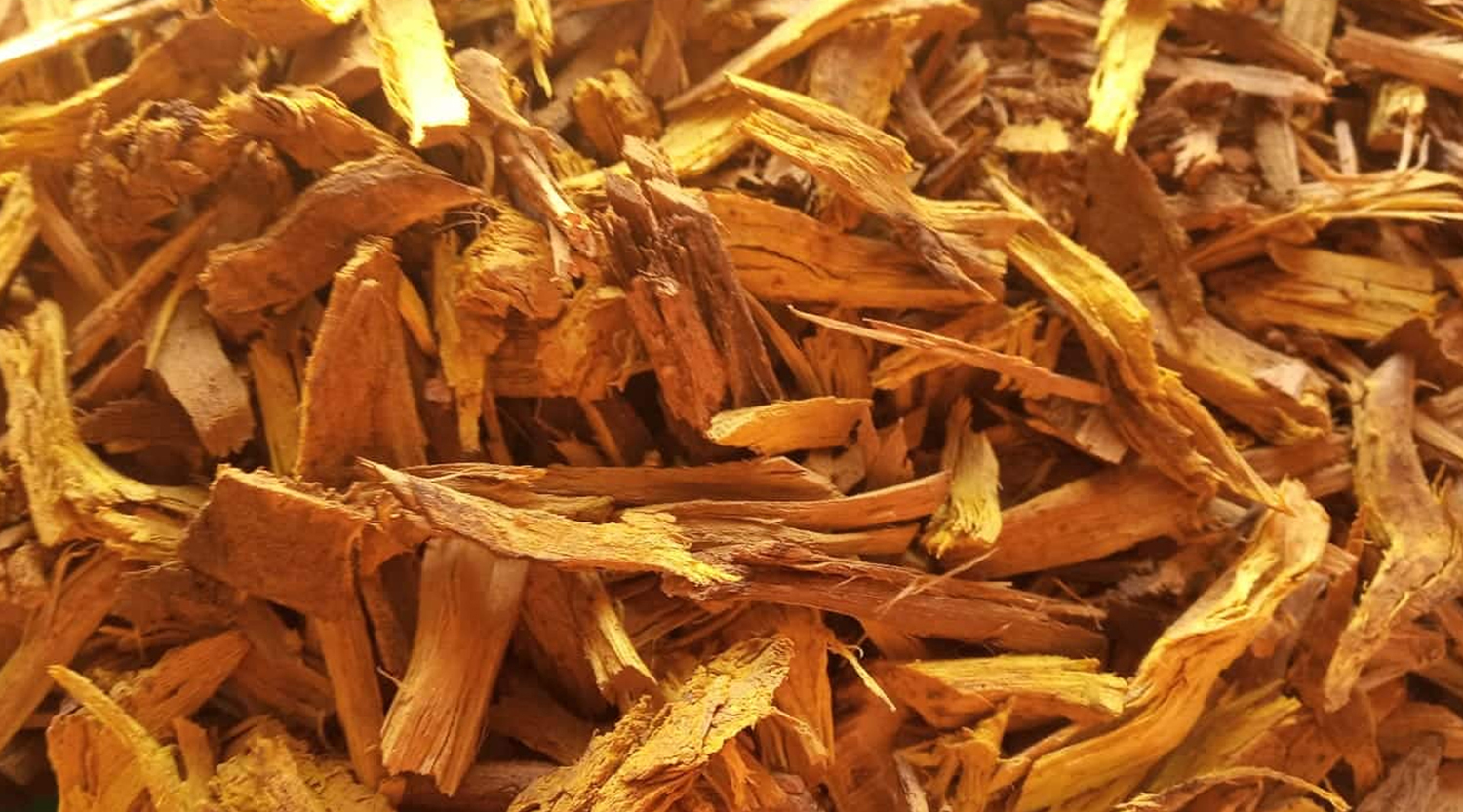
Amazing Benefits of Daru Haldi: Unveiling Nature’s Healing Secret
Natural cures have been utilized for a variety of diseases and to enhance health for ages. These treatments provide an alternative or supplementary method to traditional therapy and are frequently made from substances such as minerals, plants, or other components of the earth’s environment. These treatments, which were produced from the abundance of the natural world, have been essential to human wellness for ages. By emphasizing a more caring, non-invasive, and frequently side-effect-free strategy for healing, they provide an alternative to mainstream treatment.
Over the course of human history, different societies have created their own forms of natural healthcare based on conventional knowledge and procedures, such as the Indian system of Ayurveda, which makes use of natural cures to preserve health and treat ailments. One of these treatments is turmeric, often known as Haldi in Ayurveda. Its many varieties are employed for a variety of objectives. One of these varieties that is used medicinally is Daru Haldi. Let us have a closer look at the wonderful gift of nature.
What is Daru Haldi?
Originally from the region of the Himalayas and some areas of India, the turmeric-like plant known as Daru Haldi is used medicinally. It also goes by a number of other names Daruharidra, Indian Barberry, Tree Turmeric, Chitra, as well as Berberis Aristata.
Due to its numerous health advantages, it has been utilized for generations in conventional Ayurvedic therapy. Berberine, a bioactive substance with anti-inflammatory, antibacterial, and antioxidant activities, is found in the plant’s roots and bark. It is frequently used as an all-purpose tonic to improve overall health as well as to cure skin ailments and digestive problems.
It can potentially treat a number of medical disorders and is often produced as a soup or powder. It remains to be a vital part of conventional Indian therapeutic practises and has drawn attention recently for its possible application in contemporary herbal therapy.
Uses of Different Parts of Daru Haldi Plant:
Daru Haldi is a multipurpose medicinal plant, and its many components have a variety of traditional applications, including:
- Bark and roots are used to cure infections, indigestion, diarrhoea, and liver issues.
- Due to their acidic flavour, berries are frequently used in several Indian cuisines as ingredients for jams, preserves, as well as chutneys.
- The juice from the leaves can be applied externally to injuries and skin irritations.
- The stems and wood are occasionally used in herbal preparations.
How to Use it?
There are several applications for Daru Haldi, including:
- Powdered Form: The powder can be consumed by mixing it together with milk or honey. Usually, 1/4 to 1/2 teaspoon is used two times per day.
- Decoction: The root may be made into a decoction by boiling it in water. The mixture can be drunk, gargled, or used as eyewash.
- Paste: The powder may be converted into a paste by combining it with water or other fluids. For the treatment of injuries, ulcers, and other skin disorders, the paste can be applied directly to the skin.
- Oral Capsules or Tablets: It is accessible in the form of oral capsules as well as tablets. The dosage will differ according to the product.
- Herbal Tea: Its powder or roots can be steeped in hot water to produce tea. If you’d like, add honey or lemon for flavoring.
- Cooking with it: It is sometimes used in food preparation, particularly Indian food. Chutneys, preserves, and pickles are made using the berries.
Reap the Benefits of Daru Haldi:
Ayurvedic practitioners have utilized this herb for generations because of its extraordinary advantages. The benefits of Daru Haldi are listed below:
- Acne, psoriasis, and eczema are just a few of the skin issues it can help cure because of its anti-inflammatory and antibacterial characteristics. In addition, it may be used to make dark pigmentation and imperfections lighter.
- It assists in preventing harm to the liver. When someone has liver disease, it can also assist to enhance the functioning of the liver.
- It has been demonstrated to possess anti-diabetic qualities. Those who have type 2 diabetes may benefit from a reduction in blood sugar levels.
- It possesses antibacterial properties along with antifungal qualities that can aid in the battle against infections, such as those of the skin, respiratory system, and urinary tract.
- It contains plenty of antioxidants, which may strengthen the body’s immune system. It can aid in defending the body against illnesses and infections.
- It has been successfully used for a long time to treat asthma, bronchitis, and other respiratory conditions.
- It is a tonic for the digestive system that can aid with constipation relief and improve digestion. Additionally, it might lessen gas and bloating. It can also be used to treat diarrhoea symptoms.
- It may assist in relieving pain. Joint pain, muscular discomfort, and headaches can all be treated with it.
- It has been demonstrated to possess eye protection qualities. It can aid in enhancing eyesight and protecting the eyes from harm.
- It could lessen levels of bad cholesterol, also known as LDL, and enhance lipid profiles generally, both of which might benefit the health of the heart.
- It is occasionally used into mouth rinses and toothpaste because it helps with maintaining oral cleanliness.
Side Effects of Daru Haldi:
Daru Haldi may have negative effects and sometimes interact with drugs or already present medical problems, although being usually regarded as harmless when taken properly. Here are a few possible negative effects:
- Gastronomic problems including diarrhoea, stomach pains, or nausea may result from excessive intake.
- may result in allergic responses including hives, swelling, or skin rashes.
- Its active substance berberine, can cause interactions with particular medicines and may impact the breakdown of drugs, possibly enhancing or reducing their efficacy.
- It should be used with precaution by expectant or nursing women because there is little data on its safety in these circumstances. Before using, it is recommended to speak with a healthcare professional.
- It can drop blood sugar levels, so if you’re suffering from diabetes and are taking medicine to manage your blood sugar, only use caution.
- Although it has a history of supporting the liver, excessive intake may be harmful to the organ.
- It includes oxalates, which in people who are prone to developing kidney stones, may aid in their development.
- Consuming it in excess may result in liver malfunction or jaundice by narrowing the bile ducts.
- Blood pressure may drop as a result. Take it only under medical guidance if you suffer from low blood pressure or are taking drugs to treat hypertension.
Conclusion:
Despite the benefits of Daru Haldi and its wide utilization for many years to treat a number of health issues, it is still advisable to see an Ayurvedic physician before using it. He or she may provide you advice on how to use it properly and assist you in determining whether it is appropriate for you.








